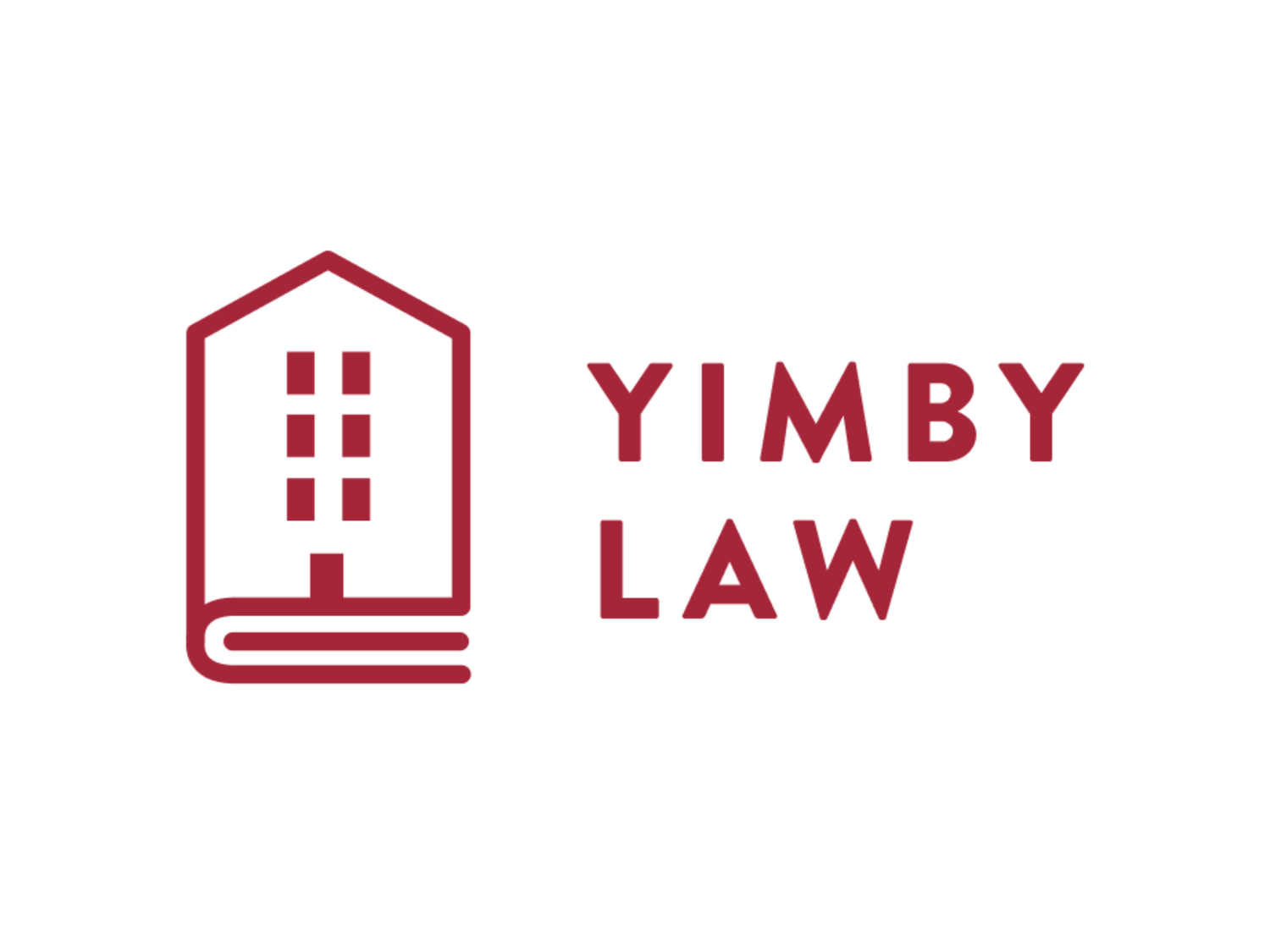Protecting SB 35 in Lost Altos
/SB 35, passed in 2017, has had a successful few years. The permitting streamlining bill has been utilized by developers in a variety of cities to compel ministerial permitting processes for projects that might otherwise face lengthy permitting battles. It is crucial therefore, that we work to protect this law from cities that seek to water it down and narrow its scope.
With this in mind we continue to be involved in the 40 North Main St. Case in Los Altos. The case concerns a development in Downtown Los Altos that applied for ministerial approval under SB 35. The Los Altos Planning Department refused to approve the project, citing a variety of alleged non-conformities and issues. The developer disagreed with these assessments and sued after it became clear that the city was not properly following the protocol laid out in SB 35.
The first point of contention between the developer and the city, which has since been resolved in favor of the developer, is a confusion over which of the two affordability thresholds in SB 35 apply to this project and to Los Altos more generally. Due to a failure to submit an annual housing report to HCD on the part of the city, the applicable percentage at the time of the application was 10%. The planning staff in Los Altos did not realize this at the time and so in their initial response to the developer claimed that the project should be subject to the 50% affordable units threshold. They have since realized and admitted their mistake.
The second point of contention is over the underground parking structure proposed as part of the project. To save space, the developer proposes to use a lift system. The city alleges that this is a violation of the their rules governing parking entrance and egress. The evidence they cite to make this assertion is a single diagram buried in their building code that sets out guidelines for parking ramps. The city believes that this diagram constitutes a requirement that developers must use parking ramps and cannot use parking lifts without permission. Other projects in Los Altos have been allowed to use parking lifts without needing any additional permissions or permits.
These first two points of contention were the only ones brought up to the developer within the 60 days allowed by law. The city did also raise concerns, outside of the legally allowed time period, about the number of density bonus units in the project and the percentage of the project devoted to non-residential space.
In regards to the square footage concerns, the city’s allegation that the residential parking cannot be considered residential square footage is ridiculous. This has been confirmed by HCD who agrees that under any reasonable interpretation this project is at least two thirds residential uses by square footage. Mixed-use SB 35 projects are common due to the need to subsidize the affordable units in some way. This project is not exceptional in that regard.
Now that the case is fully underway, the city has added some additional arguments to its defense. They claim that the lawsuit was filed too late and that therefore the developer is not entitled to any legal remedy. This rests on the idea that the developer incorrectly waited until after an appeal to the city council before filing their lawsuit. The City alleges that the appeal they directed the developer to submit and participate in was unlawful. They further allege that the developer and their lawyers should have known that the city was acting unlawfully and should have ignored the city and filed their lawsuit before exhausting all possible remedies. This seems like a particularly weak legal argument and thus far there has been no indication that the judge in the case takes this seriously.
Thus far, the judge has seemed sympathetic to the developer’s arguments and has not accepted any of the city’s requests to throw out the lawsuit on technical grounds. After a hearing last week both the lawyers for the city and the lawyers for the developer have been directed to prepare additional briefings for an additional hearing at a future date.

